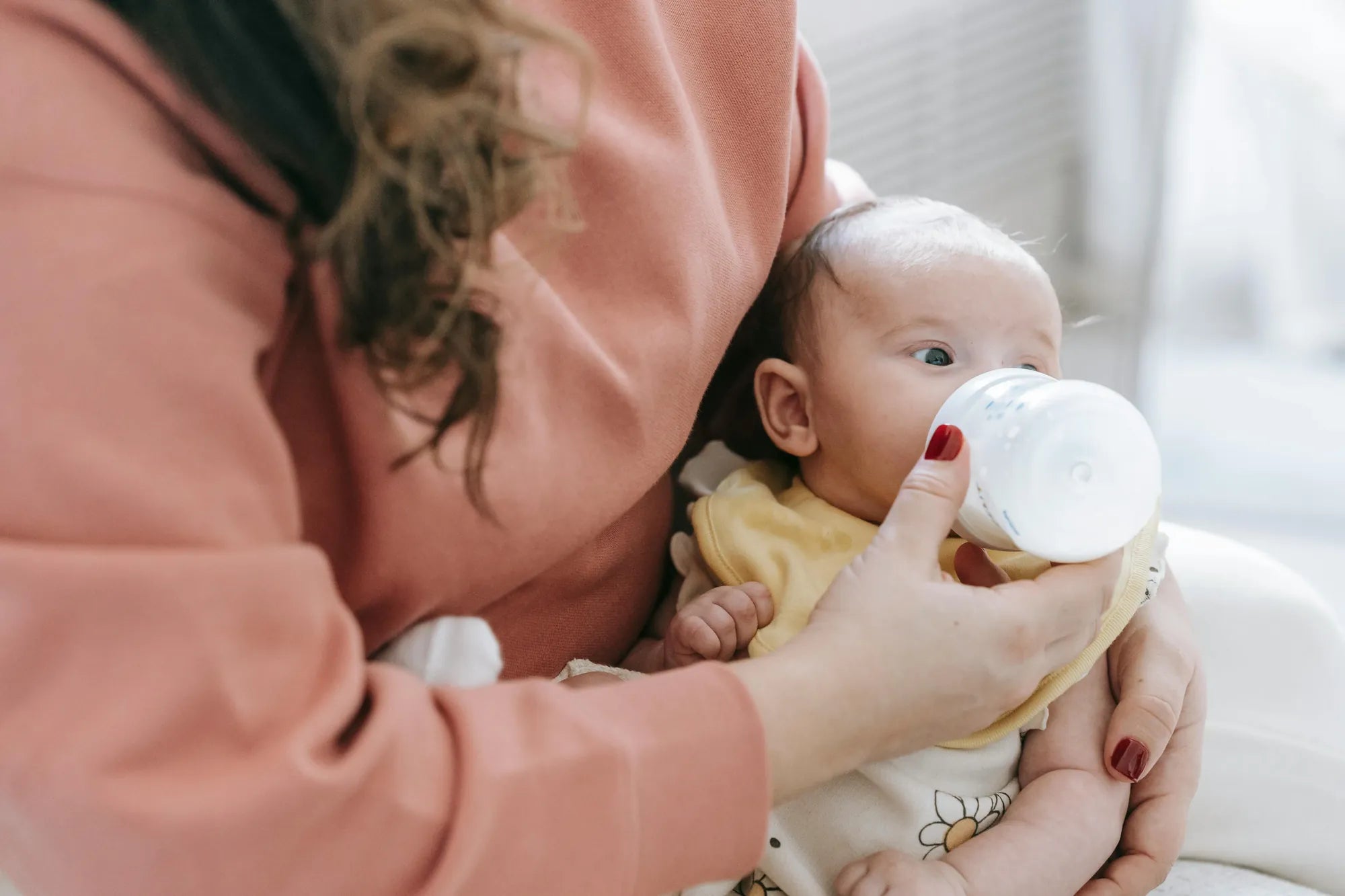Home
Pregnancy, Breastfeeding, and Pumping: The Ultimate Guide for Moms
Does Alcohol Leave Breast Milk After It's Pumped?

Does Alcohol Leave Breast Milk After It's Pumped?
For nursing mothers, the question of whether alcohol leaves breast milk after it's pumped is a common concern. Balancing the joys of motherhood with the occasional drink can be tricky, and understanding the science behind alcohol and breast milk is essential. This article dives deep into the topic, providing clarity and actionable advice for mothers who want to make informed decisions.
How Alcohol Enters Breast Milk
When a mother consumes alcohol, it enters her bloodstream and is distributed throughout her body, including her breast milk. Alcohol passes into breast milk at concentrations similar to those found in the blood. This means that if a mother has a blood alcohol concentration (BAC) of 0.08%, her breast milk will also contain alcohol at that level.
How Long Does Alcohol Stay in Breast Milk?
The duration alcohol remains in breast milk depends on several factors, including the mother's weight, the amount of alcohol consumed, and her metabolism. On average, it takes about 2 to 3 hours for the body to metabolize one standard drink. For example, a 12-ounce beer, a 5-ounce glass of wine, or a 1.5-ounce shot of liquor all count as one standard drink.
Does Pumping Remove Alcohol from Breast Milk?
Pumping breast milk does not remove alcohol from it. Alcohol remains in breast milk until it is metabolized by the mother's body. Pumping and discarding milk, often referred to as 'pumping and dumping,' does not speed up the elimination of alcohol. The only way to reduce alcohol levels in breast milk is to wait for the body to process it naturally.
Effects of Alcohol on Breastfeeding Babies
Alcohol in breast milk can affect a baby's sleep patterns, motor development, and overall health. While occasional, moderate alcohol consumption is unlikely to cause significant harm, frequent or heavy drinking can lead to long-term issues. It's important for mothers to be mindful of their alcohol intake and its potential impact on their baby.
Practical Tips for Nursing Mothers
For mothers who choose to drink alcohol, timing is key. Planning ahead can help minimize the presence of alcohol in breast milk. Here are some practical tips:
- Feed your baby or pump milk before consuming alcohol.
- Wait at least 2 to 3 hours per drink before breastfeeding again.
- Stay hydrated to help your body metabolize alcohol more efficiently.
- Consider using stored breast milk if you plan to drink more than one standard drink.
Myths About Alcohol and Breast Milk
There are several myths surrounding alcohol and breast milk that can lead to confusion. One common myth is that drinking alcohol increases milk production. In reality, alcohol can actually inhibit the let-down reflex and reduce milk supply. Another myth is that certain foods or drinks can 'sober up' a mother faster. The truth is that only time can reduce alcohol levels in breast milk.
Consulting Healthcare Professionals
Every mother's situation is unique, and consulting a healthcare professional can provide personalized guidance. Lactation consultants, pediatricians, and other healthcare providers can offer evidence-based advice tailored to individual needs. They can also address any concerns or questions about alcohol and breastfeeding.
Understanding whether alcohol leaves breast milk after it's pumped is crucial for nursing mothers who want to enjoy a drink without compromising their baby's health. By staying informed and making thoughtful choices, mothers can navigate this aspect of breastfeeding with confidence. Remember, the key is moderation and planning, ensuring both mother and baby remain happy and healthy.
Share

